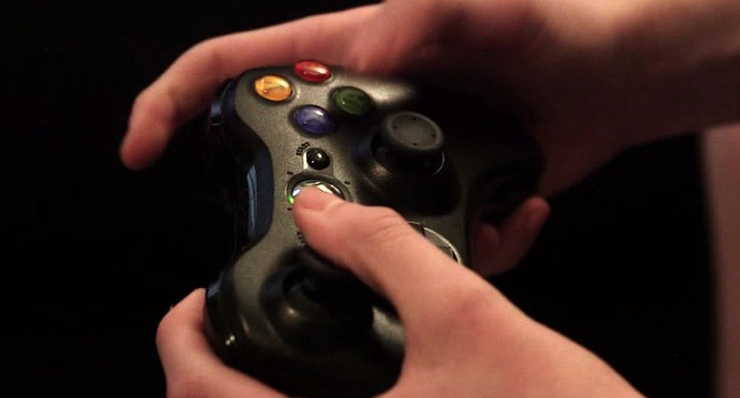Video game addiction
Douglas Gentile, a psychologist from Iowa State University has been studying video game addiction since 1999. He originally started research trying to prove video game addiction wasn’t a real thing, but once the research started, he admitted he was wrong.
“I started studying video game addition in 1999 largely because I didn’t believe in it. I assumed that parents called it ‘addiction’ because they didn’t understand why their children spent so much time playing. So I measured the way you measure pathological gambling and the way it harms functioning, and was surprised to find that a substantial number of gamers do rise to that level (of pathological addiction).”
According to his research, around 8.5% of children, nearly 1 in 10, between the ages of 8-18 who play video games are addicted. The estimates of this research vary worldwide, but even worldwide, the percentages of children addicted to video games are between 4 and 10%. Some research has found that nearly 3 million children in the United States are addicted to video games. That number is staggering.
Though there isn’t a universal definition of addiction, Gentile defines video game addiction as “something that’s actually damaging your life.”
The reason for the increase in video game addiction: accessibility. He says “A risk factor for addiction is access. It’s really hard to get addicted to drugs if you can’t get them.” Now nearly everyone has a computer in their home as well as a video gaming system. On top of that, many children have access to cell phones that have games on them where they can access games pretty much anywhere.
Kids are starting to play video games at younger and younger ages as well so the access and exposure is at much younger ages than other types of things that can lead to addiction.
In a report published by CBS News in 2013, a gaming addiction expert said those with certain disabilities or personality disorders, such as ADHD or Asperger’s, are more susceptible to video game addiction.
Some of they symptoms of video game addiction may include:
- Feelings of restlessness and/or irritability when unable to play
- Preoccupation with thoughts of previous online activity or anticipation of the next online session
- Lying to friends or family members regarding the amount of time spent playing
- Isolation from others in order to spend more time gaming
- Fatigue
- Migraines due to intense concentration or eye strain
- Carpal tunnel syndrome caused by the overuse of a controller or computer mouse
- Poor personal hygiene
- Gaming to escape difficult life situations
- Playing for longer periods as time goes on
- Skipping showers and meals to play
- Poor performance at work or school
- Lying to others to hide gaming activities
- Exhibiting signs of irritation when forced to stop gaming
Treatment for video game addiction is similar to treatment for other types of addiction. Counseling and Behavior modification, 12 step programs, and treatment facilities can help in getting control of this type addiction.









